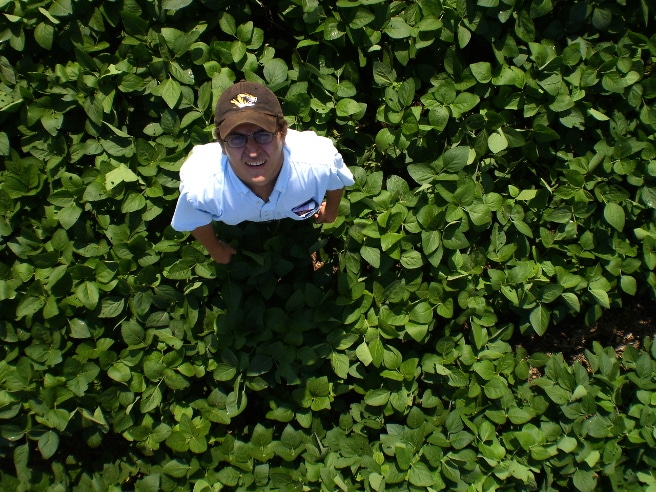The shortage of scientists specializing in plant breeding could have serious consequences for global food security, including in Australia, as highlighted by new research spanning three continents.
Plant breeding is an interdisciplinary field essential for producing food, animal feed, fuel, and fiber worldwide.
A collaborative study by Australia’s CSIRO, Lincoln University in New Zealand, and McGill University in Canada sheds light on the critical shortage of plant breeding expertise, painting a worrying picture for the future.
The study emphasizes the urgent need to address this skills gap to sustain our current levels of agricultural, fiber, and feed production.
In a news release, Dr. Lucy Egan, the lead author and a scientist at CSIRO, noted that the shortage has been escalating for a while, potentially threatening global agricultural output.
“We’re witnessing a generational shift where highly-skilled plant breeders are retiring, and new graduates are gravitating towards other areas of plant science like molecular biology,” said Dr. Egan.
“This shortage could have severe repercussions, impacting global food security and national economies, including Australia’s.”
Dr. Rainer Hofmann from Lincoln University confirmed that the situation is similarly dire in New Zealand.
“Agriculture is vital to our nation, and addressing this skills shortage is crucial,” Dr. Hofmann stated.
“Our research evaluated the current state of plant breeding across universities, government, and industry, revealing that diminishing expertise in plant breeding will adversely affect various agrifood and fiber sectors.”
The report suggests several measures to counteract the skills shortage, emphasizing the need for a coordinated effort between public and private sectors.

Dr. Valerio Hoyos-Villegas of McGill University pointed out that establishing dedicated training facilities in multiple countries is crucial.
“Enhancing graduate programs in plant breeding and boosting private sector engagement are essential to keep up with the latest scientific and technological advancements,” Dr. Hoyos-Villegas said.
“Given the long-term nature and the diverse agricultural industries that plant breeding supports, prioritizing funding and research and modernizing plant breeding education are imperative.”












